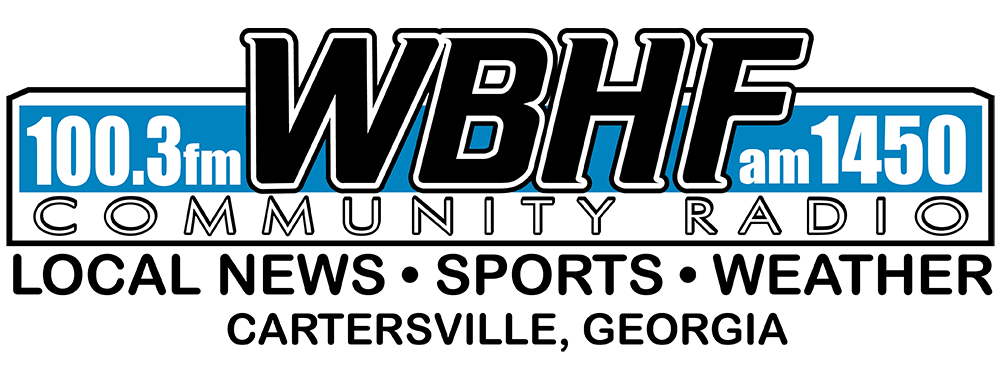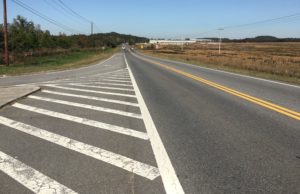Press Release:
WHITE, GA – A slew of resurfacing projects are set to get underway in Northwest Georgia in the coming months after the Georgia Department of Transportation awarded six new contracts in the area. The half-dozen contracts represent more than $14.8 million in upcoming projects.
The largest contract awarded went to C.W. Matthews Contracting to resurface State Route 52 in Gilmer County. The project covers 14 miles of the road from Keener Lane in East Ellijay to the Dawson County line near Mountain Ash Road. The project is slated to be completed in September of next year.
Four other resurfacing projects were awarded across Northwest Georgia. A 7.66-mile stretch of Highway 27 in Chattooga and Floyd counties will be resurfaced for $3.38 million and should be finished September 2021.
Other Resurfacing Projects:
- Resurfacing of 5.99 miles of Highway 41 in Bartow and Gordon counties. Cost: $1.84 million. Expected Completion: September 2021.
- Resurfacing of 3.09 miles of SR 515 in Pickens County. Cost: $1.60 million. Expected Completion: September 2021.
- Resurfacing of 7.55 miles of SR 60 in Fannin. Cost: $1.38 million. Expected Completion: September 2021.
Along with the resurfacing projects, a $2.29 million contract was awarded to repair the I-75 bridge over Swamp Creek. The bridge is located just north of the Carbondale Road exit in Whitfield County and should be finished next summer.
“Resurfacing projects like these keep our roads safe and in good shape,” said District Six Engineer Grant Waldrop. “This work ensures that these routes will continue to serve our motorists well for many years to come.”
Advisory: Motorists are advised to expect delays, exercise caution, and reduce their speed while traveling through work zones. Before heading out, get real-time information on work status and traffic conditions. Call 511, visit 511ga.org, or download the Georgia 511 app. Our maintenance team members who repair roads and bridges and our project teams who oversee construction projects are continuing their essential work, while following sanitary work practices prescribed by health agencies to protect themselves and the public from the coronavirus, as are most state DOTs in the U.S.

